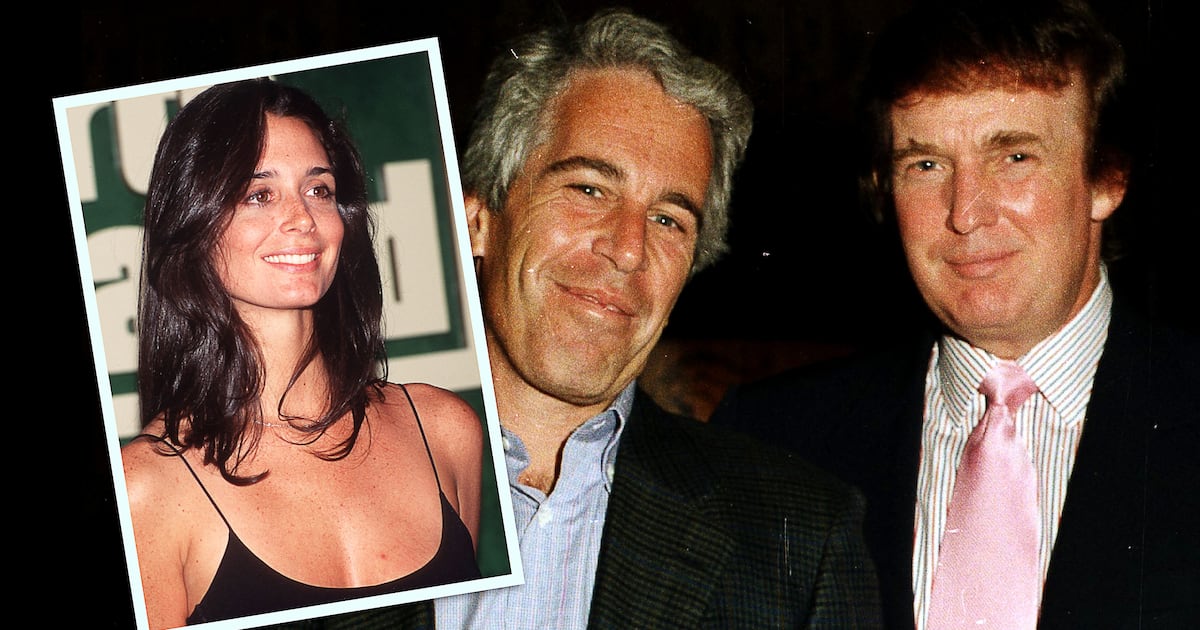There was one person who Matthew McConaughey wanted to thank after collecting his Best Actor Oscar last night, above wife, children, parents—and, most shockingly for a Hollywood star—his agent.

“First off,” said McConaughey, who won the award for his role in Dallas Buyers Club, “I want to thank God, because that’s who I look up to. He has graced my life with opportunities that I know are not of my hand or of any other human hand. He has shown me that it’s a scientific fact that gratitude reciprocates … When you’ve got God, you’ve got a friend, and that friend is you.”
When an athlete, of any race, thanks God after an impressive feat, nobody takes note. In politics, the phrase “God Bless America” routinely caps speeches by politicians of both parties. And yet, despite God’s ubiquity in American public life, it came as a surprise to many when a white actor spent a chunk of his speech on God.
ADVERTISEMENT
Before McConaughey, Denzel Washington, Jennifer Hudson, and Forest Whitaker, are the only actors in the last 12 years to mention God in their Oscars speeches.
Last night’s invocation by McConaughey of the Divine was apparently such a surprise that, unlike when Washington, Hudson, or Whitaker did so, it led news organizations like CBS News to write headlines like “Matthew McConaughey talks God, heroes, in Oscars acceptance speech.” The Associated Press had it as “McConaughey’s Inspirations: God, Family, Self.”
The lack of notice when a black actor or a movie with a black cast speaks about God is reflective of a larger ignorance in American life, wherein religiosity in the black community is given a collective shrug, except when it assumes an importance in wider political debates or social issues like marriage equality. That collective shrug also rears its head in politics when pundits make sweeping judgments about religious voters being conservative Republicans, when in fact blacks are more likely than whites to be religious, and vote overwhelmingly for Democrats.
While Whitaker, Washington, and Hudson’s mentioning of God merited little attention, McConaughey’s speech sparked a feeding frenzy for conservatives to outdo each other when it came to applauding him, while simultaneously taking shots at liberals. Rick Perry tweeted Monday morning, saying, “Texas boy counting his blessing.” His tweet linked to a Breitbart piece titled “Matthew McConaughey Praises God in Acceptance Speech, Hollywood Crowd Grows Quiet.” On Twitchy, Michelle Malkin’s site, the speech ran as “Matthew McConaughey rattles Oscar crowd, wins hearts by thanking God.” Fox News got in the game with the headline, “Matthew McConaughey one of few to thank God in Oscar acceptance speech.” And so on.
Their shocked glee was cacophonous: for many conservatives, the glitterati of Hollywood are a bunch of sneering atheists. McConaughey also distinguished himself because it has long been felt that Hollywood, outside of the black community, has lost the ability to speak “religion.” That at least is the theory posited by the Hollywood producer Michael Cieply in a recent, much-discussed op-ed in the New York Times. “With a few exceptions that have generally skewed toward humor or horror,” he argues, “it has been that way for decades. Major studios suddenly get distracted when anyone suggests tackling serious religious subjects.”
In recent decades, religious figures are often found more often in niche movies, wrote Cieply, or if they are in major pictures, they “are often hypocrites and villains, driving plot lines that make, at best, a token bow toward the virtues of a faith-based life.”
One need look no further than a recent episode of the hit Scandal, in which the evangelical female vice president who murdered her gay husband claims she is not culpable because the devil made her do it.
A more cynical reading of the Hollywood God-gap is that actors and actresses don’t attribute their success to anything otherworldly. In such a calculating town, getting on the good side of Stephen Spielberg may pay higher dividends than a few Hail Mary’s. This is reflected in a study by Slate, which shows that in the last 12 years, the object of the stars’ gratitude is most often the industry, followed by producers, co-stars, directors, cast and crew (can’t seem elitist), and The Academy itself.
Yet in line with McConaughey’s proud trumpeting of faith 2014 seems to be a banner year for religion reentering Hollywood on the side of winners. Son of God, which has been treated with disdain for a too-pretty, white Jesus, came in number two in the weekend box office with $26.5 million.
Meanwhile, an attempt to a return to the biblical epics referenced in Cieply’s piece, the upcoming Russell Crowe vehicle Noah, changed its marketing materials has faced criticism from religious groups on its interpretation of the story, as well as for its focus on modern themes of overpopulation and environmental issues.
Part of the shock at McConaughey’s faith declaration is reflective of the fact that in the U.S., religion is a topic people argue about, in a country where the fastest growing “religious” group encapsulates those who don’t identify with any religion.
There is another irony to the morning-after debate over McConaughey’s words. It neatly sidesteps the real controversy there should be about a speech in which McConaughey called himself his own hero, failing to mention the real-life person with AIDS whose story he portrayed to win the Oscar. But then he didn’t mention AIDS either, or the anti-gay, AIDS-focused bigotry of the mid-1980s era Dallas Buyers Club evokes—a bigotry in no small part stoked by religious Conservatives.




